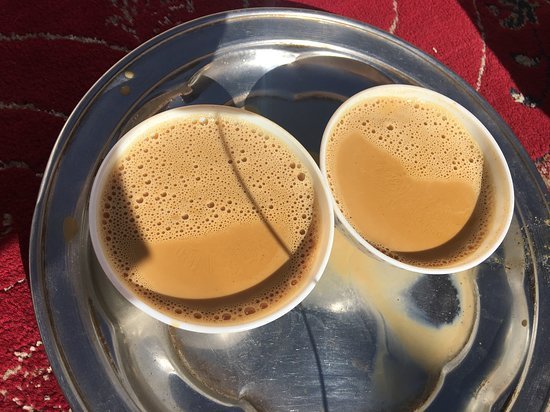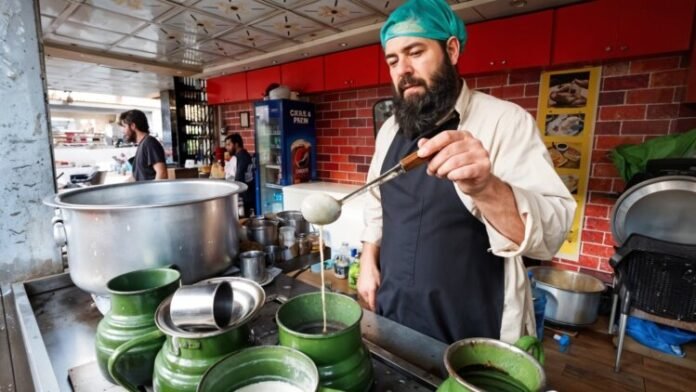KARACHI: In a deeply concerning development for tea lovers across the country, recent inspections have revealed that 100 per cent of tea leaves and 90 per cent of milk used in Karachi’s tea stalls are contaminated with harmful substances.
Tea, a daily ritual and comfort for millions of Pakistanis, has long been a cherished part of social life. From bustling street corners to the ever-popular Quetta tea houses, which originated in Karachi and have now expanded nationwide, the culture of chai binds people across backgrounds. But findings from the Sindh Food Authority (SFA) cast a shadow over this daily tradition.

According to the SFA, samples were collected from 127 tea shops and stalls across various districts in Karachi. Laboratory tests, conducted in collaboration with the University of Karachi, revealed widespread adulteration in both key ingredients: milk and tea leaves.
“Every single sample of tea leaves and 90 per cent of milk samples were found to be adulterated and contaminated with chemicals and artificial colours,” said SFA Director General Asif Jan Siddiqui.
The tests uncovered a variety of adulterants in milk, including detergent, sodium carbonate, salt, sugar, skimmed milk powder, and water. Officials noted that 80 per cent of the samples were chemically adulterated, while an additional 10 per cent were diluted with water.
As for the tea leaves, all 110 samples collected from shops and stalls were found to contain polyphenols, naturally occurring compounds in tea that are being manipulated with cheaper plant-based additives to cut costs. The SFA warned that such adulteration compromises the quality of tea and could lead to health issues, including digestive problems and long-term complications.
“This is a serious public health issue,” Siddiqui said. “We are launching strict action against those found guilty of supplying or using adulterated milk and tea leaves. No one has the right to play with people’s health.”
The SFA’s crackdown spans all seven districts of Karachi, including areas like Clifton, Saddar, Burns Road, Federal B Area, Gulshan-e-Iqbal, Korangi, SITE, Keamari, and Malir. The scale of contamination is widespread, with specific district data showing the presence of adulteration in nearly all samples.
Here is a district-wise breakdown of milk sample adulteration:
- District South: 19 out of 43 samples adulterated
- Korangi: 9 out of 16
- Malir: 10 out of 20
- East: 5 out of 16
- Keamari: 6 out of 13
- West: 3 out of 7
- Central: 2 out of 12
More alarmingly, all 110 tea leaf samples from these areas showed signs of adulteration, underscoring the extent of the issue.
As investigations continue, health experts are urging consumers to remain cautious. Authorities have committed to transparency and accountability, promising action not just against sellers, but also against those responsible in the supply chain.
For now, one of Pakistan’s most beloved traditions stands at a crossroads and with it, the health and trust of countless citizens.




